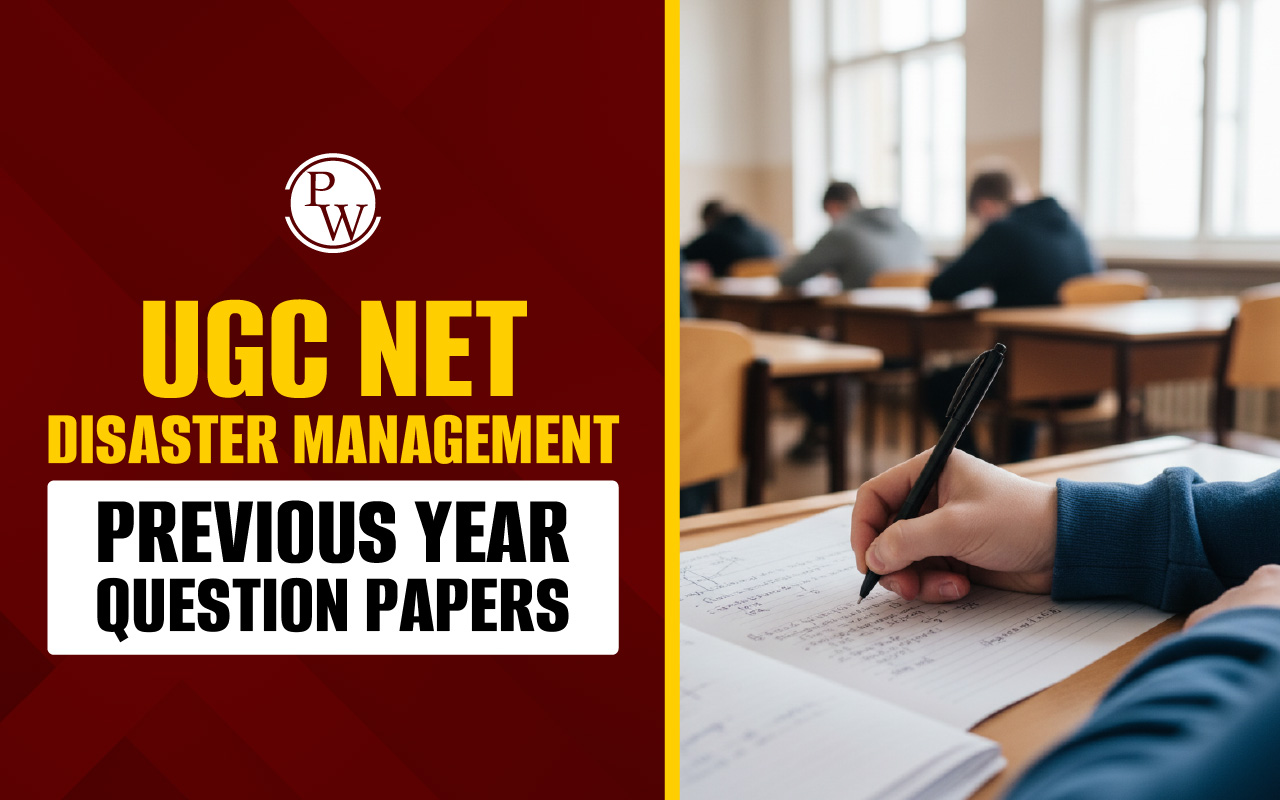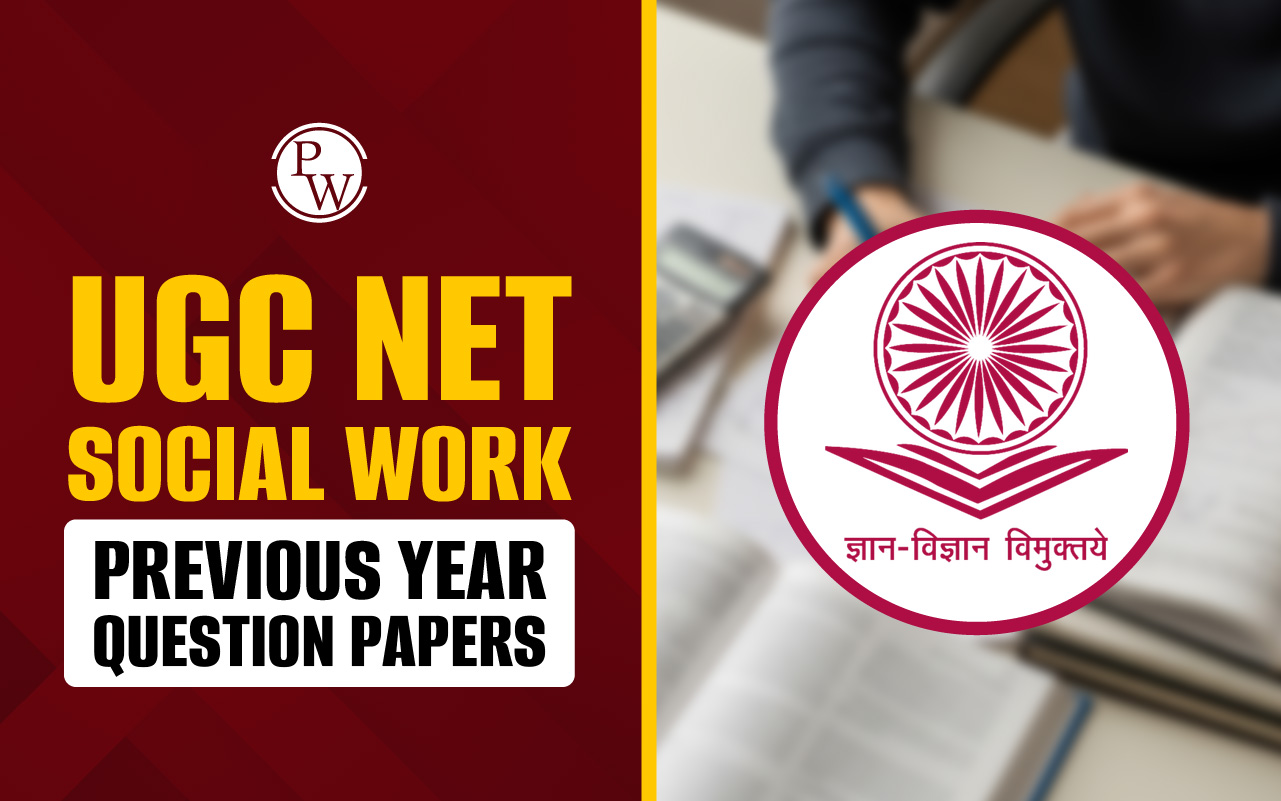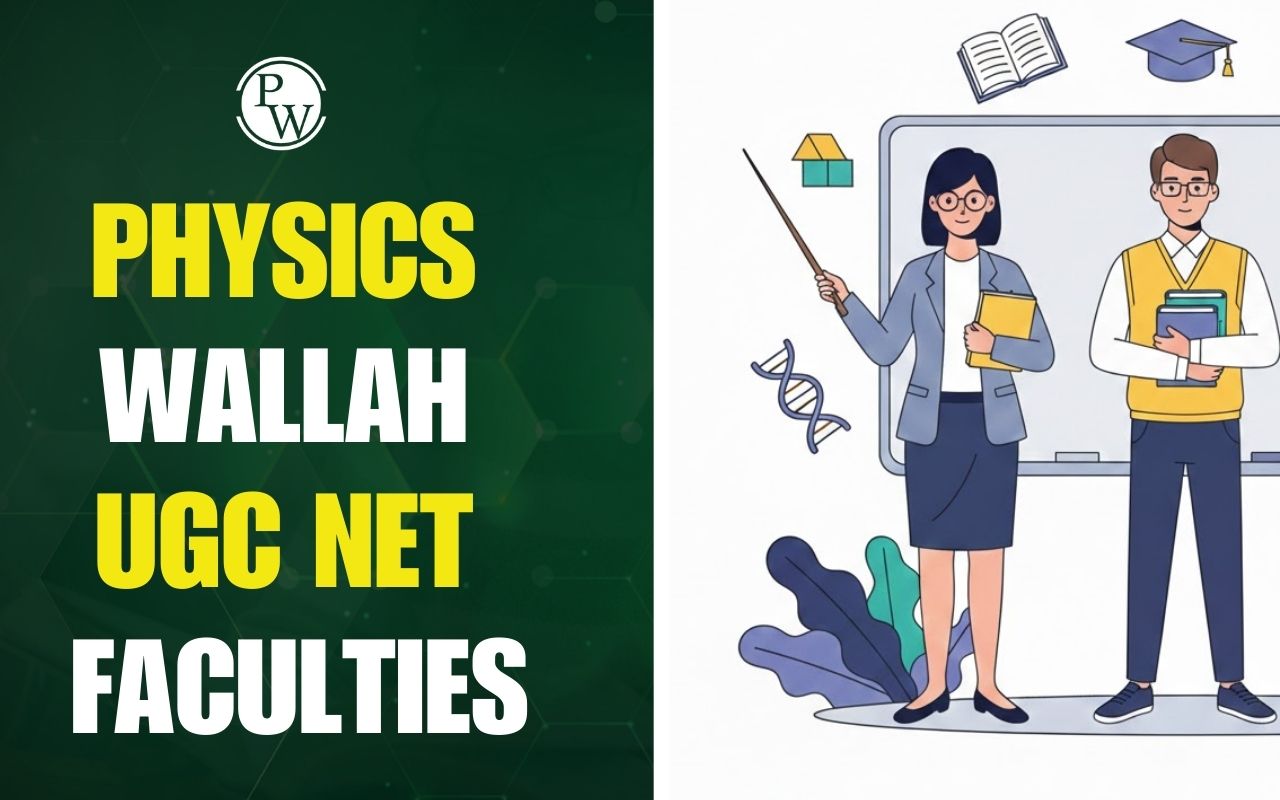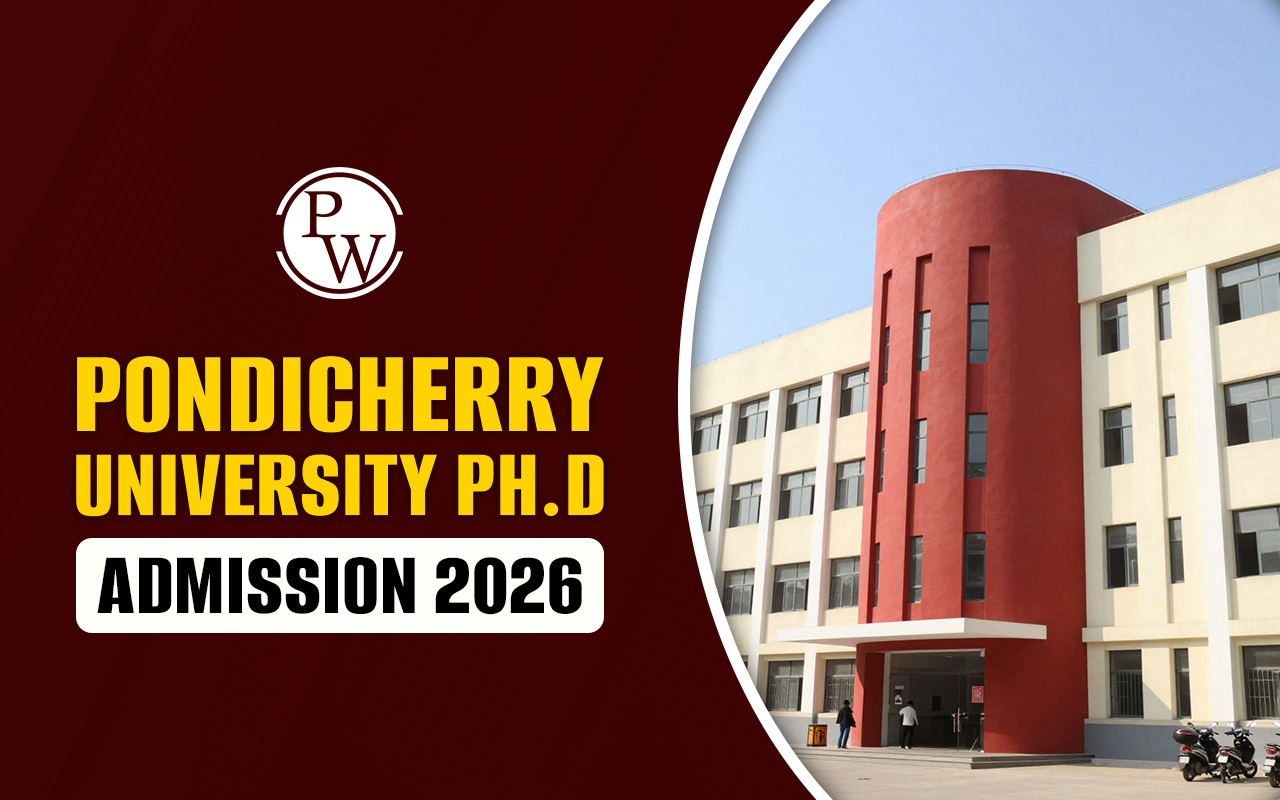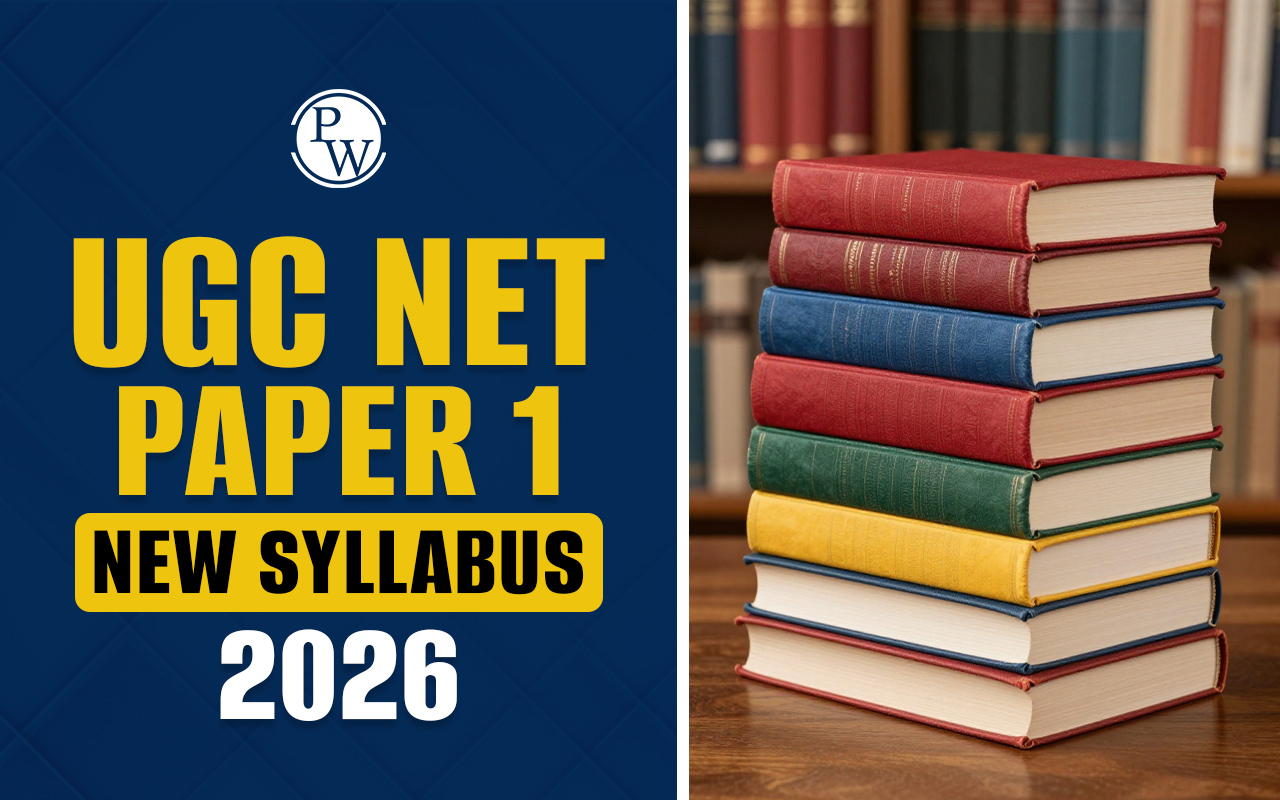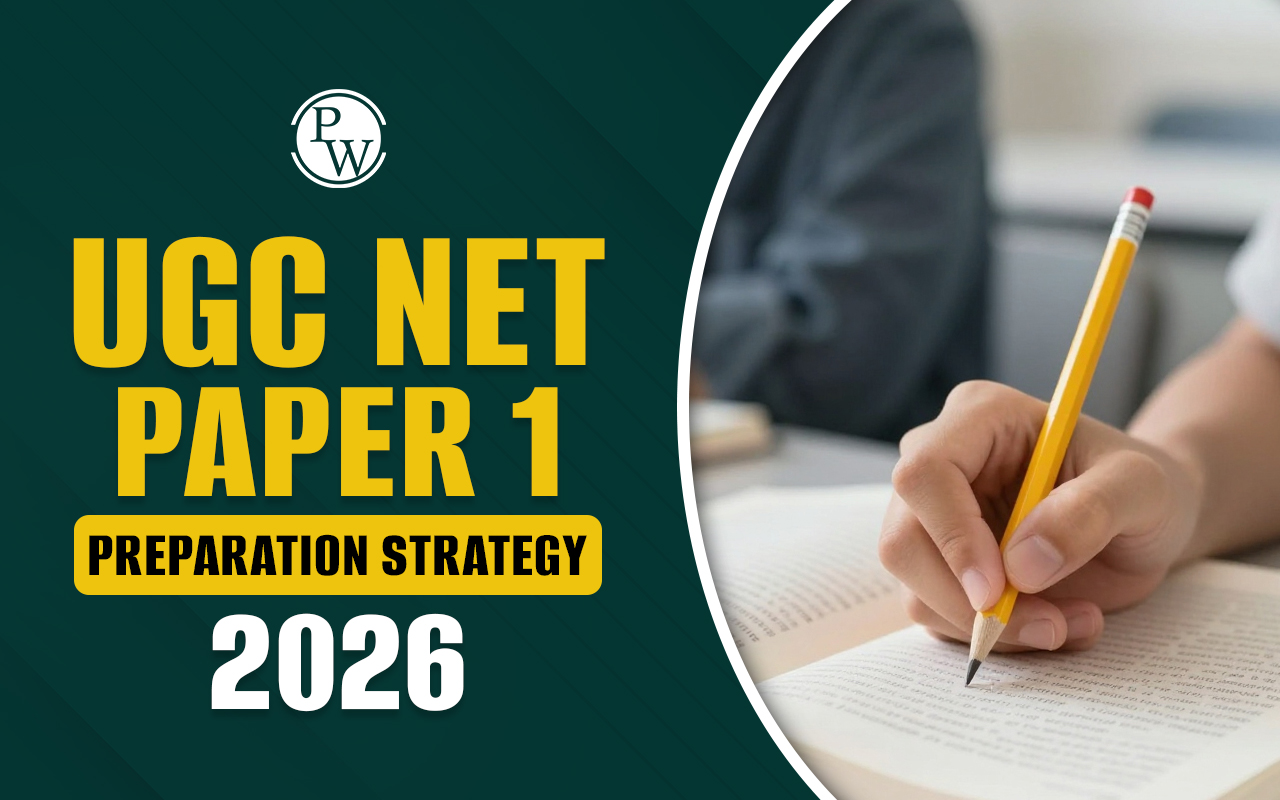
UGC NET Political Science Syllabus 2025: UGC NET Political Science Syllabus 2025 is designed to help candidates understand the key topics in political science.The notification for the UGC NET December 2025 was officially released by the National Testing Agency (NTA) on October 7, 2025. The online application process started on October 7, 2025, and ran until 11:50 p.m. on November 7, 2025.
Candidates can review the UGC NET Political Science Syllabus 2025, which includes the exam pattern, important topics, preparation tips, and more. UGC NET Political Science Syllabus includes subjects like political theory, comparative politics, international relations, and public administration. The syllabus also covers the Indian political system and current political issues. Candidates can easily download the syllabus in PDF format from the given below provided link. This will guide them in their preparation by focusing on important topics.
UGC NET Political Science Syllabus 2025 Overview
UGC NET Political Science Syllabus 2025 is accessible through the National Testing Agency's (NTA) official website, ugcnet.nta.nic.in. The notification for the UGC NET December 2025 was officially released by the National Testing Agency (NTA) on October 7, 2025. This national-level examination is held twice a year and is conducted online. Candidates can check complete overview table of UGC NET Political Science Syllabus 2025
| UGC NET Political Science Syllabus 2025 Overview | |
| Conducting Body | National Testing Agency (NTA) |
| Exam Name | UGC NET 2025 |
| Post Category | UGC NET Political Science Syllabus 2025 |
| Posts | Assistant Professor and Junior Research Fellowship (JRF) |
| Exam Level | National |
| Exam Frequency | Twice a year |
| Mode of Exam | Online |
| Medium of Exam | English and Hindi |
| Time Duration | 3 Hours |
| Number of Papers and Total Marks |
|
| Negative Marking | No Negative Marking |
| Exam Helpdesk No. | 0120-6895200 |
| Official Website | https://ugcnet.nta.nic.in/ |
UGC NET Political Science Syllabus 2025 PDF
UGC NET Political Science Syllabus 2025 PDF in Hindi
Candidates preparing for the UGC NET Political Science exam 2025 can find the complete syllabus in Hindi. This PDF will help them understand the important topics and subjects that will be covered in the exam. Candidates can download the syllabus to plan their studies effectively. Candidates can download it from the provided link below.UGC NET Political Science Syllabus 2025 Unit Wise
The UGC NET Political Science Syllabus 2025 comprises ten units, covering essential topics such as Political Theory, Political Thought, Indian Political Thought, Comparative Political Analysis, and International Relations. The detailed unit-wise syllabus is as follows.| UGC NET Political Science Syllabus 2025 Unit Wise | |
| Unit Name | Topics |
| Unit 1: Political Theory |
|
| Unit 2: Political Thought | Confucius, Plato, Aristotle, Machiavelli, Hobbes, Locke, Rousseau, Hegel, Mary Wollstonecraft, John Stuart Mill, Karl Marx, Gramsci, Hannah Arendt, Frantz Fanon, Mao Zedong, John Rawls |
| Unit 3: Indian Political Thought | Dharamshastra, Kautilya, Aggannasutta, Barani, Kabir, Pandita Ramabai, Bal Gangadhar Tilak, Swami Vivekanand, Rabindranath Tagore, M.K Gandhi, Sri Aurobindo, Periyar E. V. Ramasamy, Muhammad Iqbal, M.N.Roy, V D Savarkar, Dr. B.R.Ambedkar, J L Nehru, Ram Manohar Lohia, Jaya Prakash Narayan, Deendayal Upadhyaya, etc. |
| Unit 4: Comparative Political Analysis |
|
| Unit 5: International Relations |
|
| Unit 6: India’s Foreign Policy |
|
| Unit 7: Political Institutions in India |
|
| Unit 8: Political Processes in India |
|
| Unit 9: Public Administration |
|
| Unit 10: Governance and Public Policy in India |
|
UGC NET Political Science Exam Pattern 2025
There are two papers in the UGC NET exam. Candidates should thoroughly check the UGC NET Exam Pattern 2025 for Political Science to gain an understanding of the question format, marking scheme, and other relevant details. The paper-wise UGC NET Political Science pattern is given below:| UGC NET Political Science Exam Pattern 2025 | |||
| Papers | Sections | Number of Questions | Maximum Marks |
| Paper 1 | Teaching Aptitude, Research Aptitude, Reading Comprehension, Communication, Reasoning (including Maths), Logical Reasoning, Data Interpretation, Information & Communication Technology (ICT), People & Environment, and Higher Education System | 50 | 100 |
| Paper 2 | Political Science | 100 | 200 |
UGC NET Political Science Minimum Qualifying Marks
The UGC NET Syllabus 2025 includes various topics to help you prepare well for the exam. To pass the exam, candidates need to achieve the minimum qualifying marks based on their category. Here’s a simple table for the minimum qualifying marks:| UGC NET Political Science Minimum Qualifying Marks | |
| Category | Qualifying Marks |
| General | 40% |
| OBC/SC/ST | 35% |

